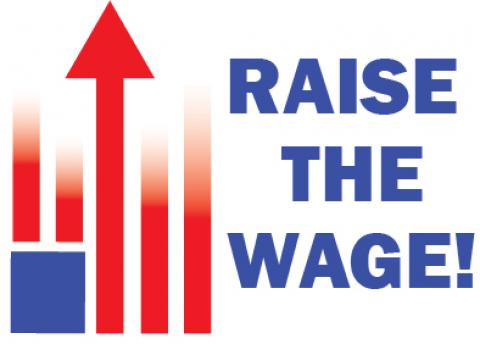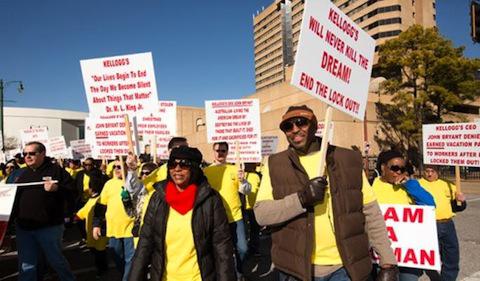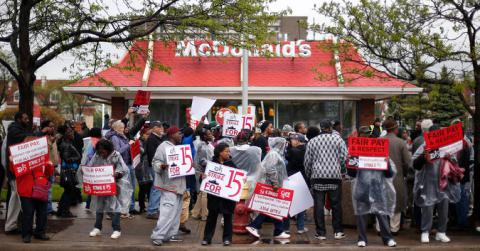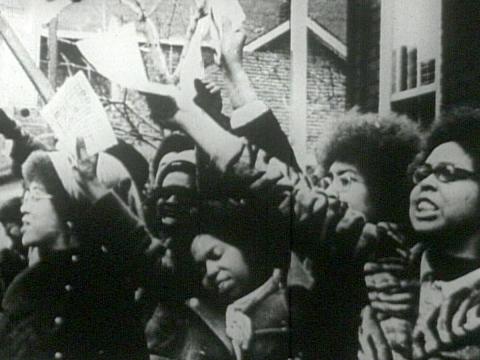Hiring Picks Up, But Wages Not Keeping Pace
The Washington Post

The lack of wage growth is one reason why many consumers feel that the broader economic recovery hasn’t reached their wallets. The problem has divided academics and fueled political debate on Capitol Hill and across the country, turning an increase in the minimum wage, for example, into a central issue in the midterm elections.








Spread the word